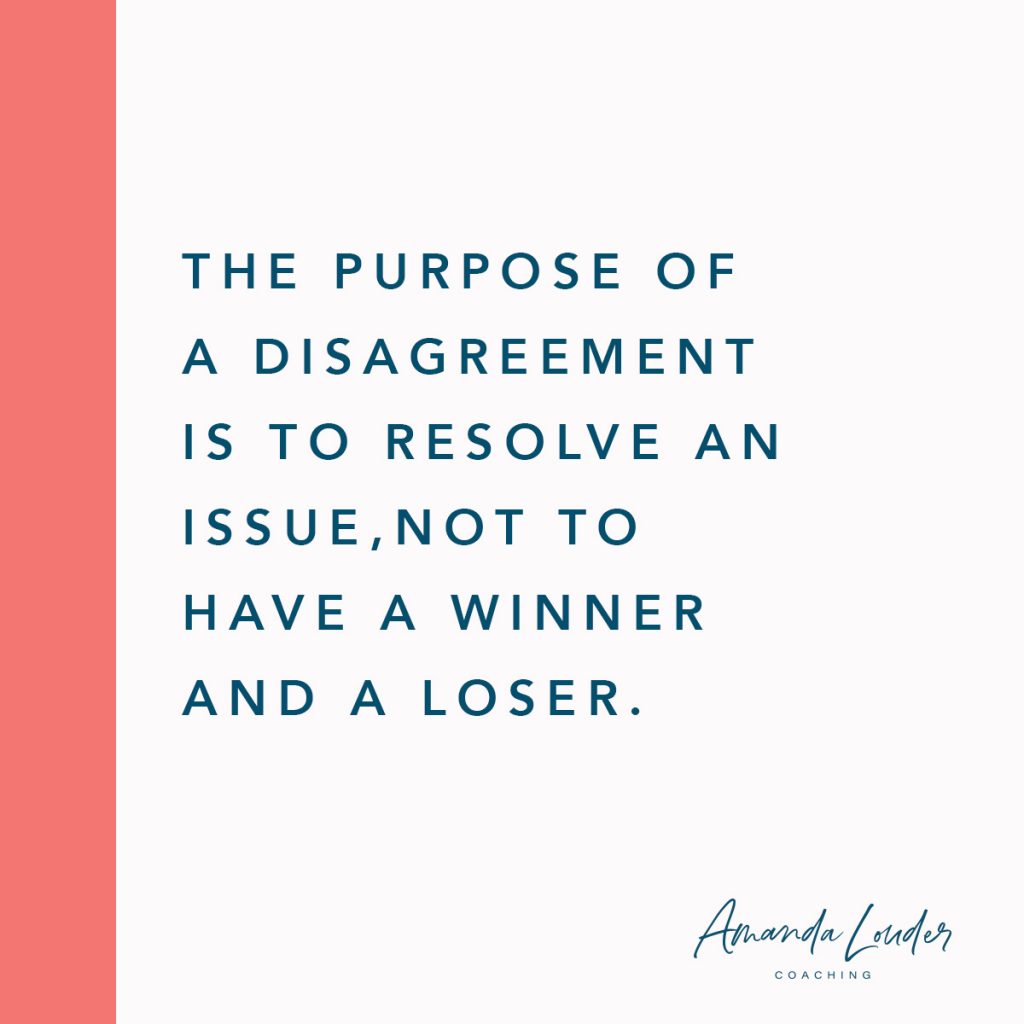
Good sexual communication is an extension of good general communication, so let’s start there. Often times the troubles we experience with our partners when it comes to sex, and just in general, stem from different communication styles. The ability to communicate clearly is an uncommon skill, and yet it’s the key to good relationships, including sexual ones. In this episode, find out the 4 most common faulty beliefs that keep us from having good sexual communication.




Show Notes:
Follow Amanda on Facebook and Instagram.
Join Amanda’s Private Facebook Group.
References for this episode:
Becoming Cliterate by Laurie Mintz, Ph.D.
Show Summary:
Good sexual communication is an extension of good general communication, so let’s start there. Often times the troubles we experience with our partners when it comes to sex and just in general stem from different communication styles. The ability to communicate clearly is an uncommon skill, and yet it’s the key to good relationships, including sexual ones.
Good communication involves two components: beliefs and skills.
Let’s first talk about beliefs – or more specifically faulty beliefs that keeps us from communicating well and erodes relationships.
- I shouldn’t have to say what I want.
How many times have you hinted to your partner about something that you want? It’s pretty common to believe that our partners should just KNOW what it is we want without us having to say it explicitly. But guess what…no one can read minds. The belief that people should know what you want without you telling them is a surefire way to communicate ineffectively.
“Many sex myths encourage us to believe that to be great lovers we need to be mind readers, not communicators. Communication isn’t always about talking, but I can promise you that one of the keys to great sex is an ability to talk about it. I can also promise that it’s easier to learn to talk about sex than it is to learn to read minds. – Cory Silverberg, sex educator and author
Nate and Angilyn Bagley of the Mormon Marriages podcast have said that a rule in their marriage is that you aren’t allowed to be mad about something you haven’t explicitly asked for. And I love that advice. You can’t be mad about your spouse not doing this dishes if you didn’t ask them to do it.
To have any chance of getting what you want you have to learn to state your wants and desires clearly. You can’t expect people to just KNOW or to guess.
So let me share an example of this. If you want your partner to touch you in a certain way so that you can get more aroused and orgasm you need to be explicit. Don’t assume that they know. You need to quit worrying about what they might think or feel. To get what you want, you need to say it.
I hear from a lot of women that if they have to tell their partner what they want, it’s less meaningful to receive it. But here’s another way to think about it; how wonderful is it to directly ask for something that you want and to get it. This means that your partner listened to you, and demonstrated that they care about you by giving it to you.
Now, think about the flip side to that. Giving your spouse what you think they want. This is related to the next faulty belief.
- I’m sure I know
Assuming you know what your partner wants, how they think, what they would do is hazardous to the relationship. Don’t assume…anything. Always ask. You could be right, or you could be completely wrong.
Often times we assume what our partner likes and doesn’t like in bed. We assume they wouldn’t be into something or we assume that they like certain things or that they want things a certain way. Don’t assume. Always ask.
- It’s useless to discuss
Most couples get into a pattern of ineffective communication that leads to unresolved issues that both partners feel hurt or angry about. When things bother us or upset us, we often bottle it up. We think it’s not worth it to discuss it anymore because we’ve tried over and over and it never gets resolved.
I want you to think about each of these little issues like a pebble that you put into a backpack. We carry around these issues in the backpack adding more and more little pebbles over time. It eventually gets to the point where the backpack is too heavy to carry. If we choose to keep carrying it, we are usually resenting our partner the whole time. Sometimes, in attempt to lighted our load, we dump it out – we get rid of the relationship all together. Other times, we keep the relationship but we start to take out the pebbles and throw them at each other.
By talking through some of these hard conversations, we essentially remove the pebbles one at a time.
- Fights have winners and losers
Oftentimes, we are taught to argue to prove a point. We are taught to fight to win. This is rarely constructive in relationships. People who care about each other are much better off taking the attitude that the purpose of disagreeing is to get closer and resolve the issue, rather than to win.
So those are the faulty beliefs that often get in the way of good communication. Let me restate them, but making the positive beliefs explicit. So here are the guiding principles of effective communication
- State what you want. Don’t expect someone to mind read.
- Check out your assumptions. Don’t act on beliefs about the other person without verifying their accuracy.
- Work out issues as they arise rather than hold on to them in your metaphorical backpack.
- Work to resolve issues rather than win a fight.



